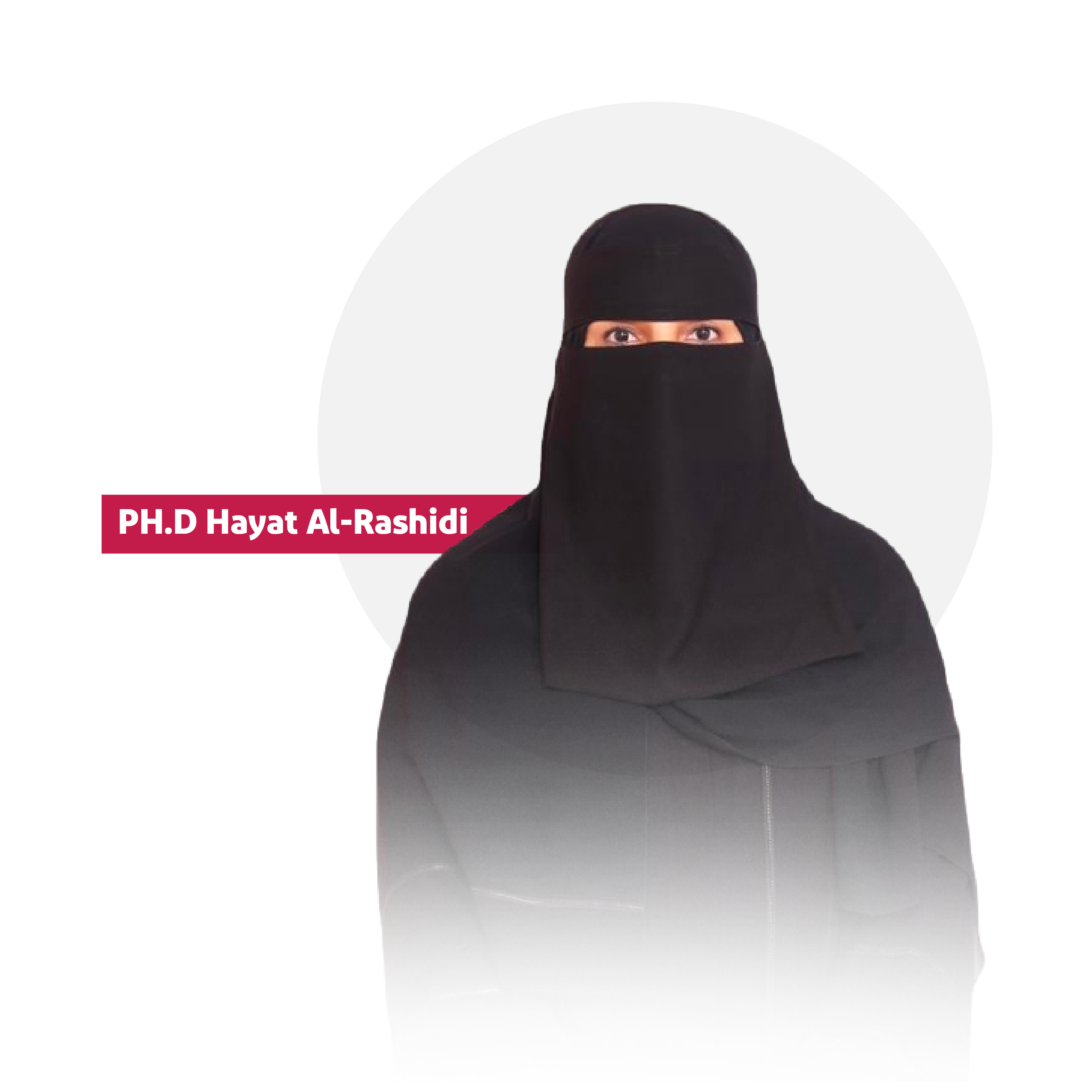
Commander Husayn Bey and the massacre of Diriyah's people
The arrival of Imam Turki bin Abdullah to Diriyah was promising for good and stability again, so a large number of urban and desert men joined him in 1235 AH / 1819 AD, and things became fine with his return. A Turkish squad arrived in Al-Qassim in 1236 AH / 1820 AD, led by Husayn Bey and a large number of mercenary soldiers, to try to occupy Najd to prevent the Saudi rule from returning again. They moved towards Tharmada in Al-Washm area, which was a base for their launch to carry out their criminal activities. He ordered Aboush Agha to head towards Riyadh.
Imam Turki was surprised by that squad and the ready soldiers. He and his men were able to retreat, while Imam Turki bin Abdullah prepared for confrontation and resistance, but the siege was severe on the palace after that. Nevertheless, the Imam was able to get out without the knowledge of the lurking enemies, and the brutality prevailed, as the Turkish army killed everyone who fell under their control, except for Omar bin Abdulaziz bin Muhammad bin Saud and his three sons, who were sent to Egypt.
The events continued there, and here we find the brutality and treachery of those who promised that people would be safe. This happened after Husayn Bey ordered the evacuation of Diriyah and the displacement of its people (and scenes of displacement are repeated). He asked them to leave for Tharmada. When he settled and regained control and activity, he announced to the people that whoever wanted to return or move to any other town should go to him to grant him a permit to leave and move, and about two hundred and thirty men gathered.
It was a cunning to eliminate all those who are loyal to the Imams of the Saudi state or try to return to its rule. He had evil intentions towards them and he made plans for them. When he was sure that there were no others who wanted to move and go with their families, the rogue moment of treachery came when he ordered his soldiers to shoot them. None of them survived and their money was plundered. Women were widowed and children were orphaned.
After that treacherous massacre that took place in the country and the tragedy that affected the people, his soldiers were distributed in the surrounding towns, especially the large ones such as Al-Qassim, Al-Washam, Sudair and Al-Mahmal. It was the opportunity for the mercenaries to spoil and commit atrocities in the towns of Najd. These atrocities varied between killings, looting and torture, and historians described these incidents as chilling.
Husayn Bey left Najd permanently in the month of Ramadan, but he left his followers such as Hassan Bey known as Abu Taher, Abu Ali Al-Bahlouli, Mousa Al-Kashef, Ibrahim Al-Kashef and Muhammad Agha, corrupting and spreading chaos among the people of the towns until 1238 AH / 1822 AD.
These events and human massacres are capable of affecting security and erasing it completely. A historian described this situation by saying: “After the spread of such wicked people in the lands of Najd, every sane person can imagine the state of the land being afflicted by these kinds of mercenary races. If they descended somewhere, they would be a curse on virtue and a promotion of vice.

